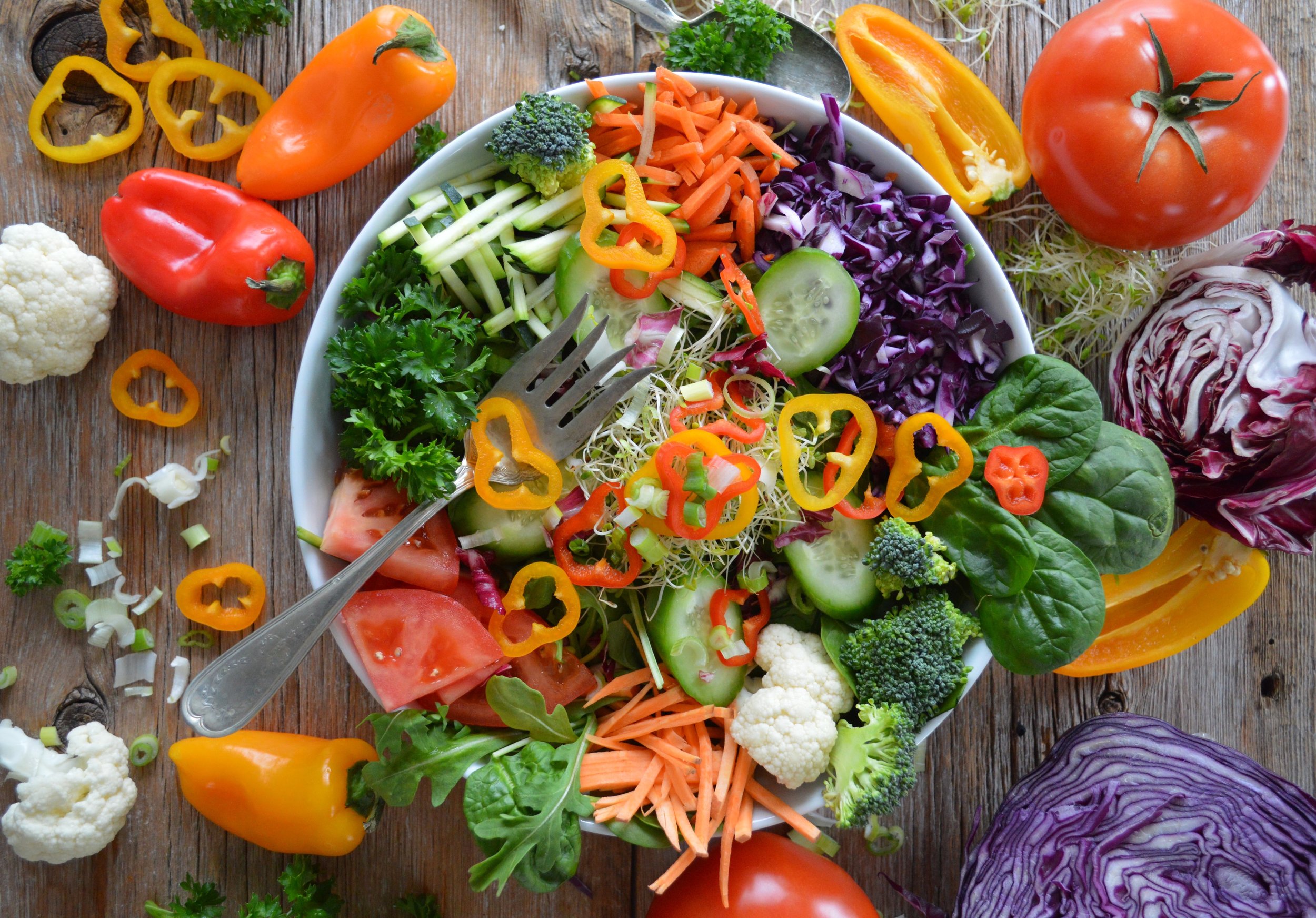Eating Intelligently Is An Art
/Noted 17th century French author François de Rochefoucald wrote that:
“To eat is a necessity, but to eat intelligently is an art.”
It’s a brilliant and inspiring quote.
We all need to eat. But to eat with knowledge about what goes into your body requires purpose, planning and intention.
Elevate Eating To An Art
Here are 4 variables to consider in elevating your eating from a necessity to an art:
Frequency
(how often you eat): Do you eat three meals a day with a snack or two in between? Do you eat just two meals and skip breakfast? Do you fast intermittently?
Mealtime
(what times you eat): Do you take the time to stop working and eat lunch at work? Do you finish your food before it gets too late at night?
Quantity
(what quantity you eat): Do you eat until you are stuffed? Or do you moderate your intake until you are merely satisfied?
Variety
(how much variety you eat): Do you eat the same subset of foods most of the time? Or do you actively seek out variety in the form of a diverse array of foods, colors, flavors and nutritional values?
Actionable Ways To Eat With Intention
Eating intelligently takes practice and intention. Here are some ideas to get you started:
Meal planning once a week (usually on a Saturday night or Sunday morning)
Learning how many meals a day work best for your body and your mind, despite the meal schedule to which you may have become habituated
Reading ingredients lists on all packaged foods
Preparing lunches the night before or first thing in the morning, based on the weekly meal plan
Taking moderate portions of food that you and your family are likely to eat
Deliberately choosing seasonal fruits and vegetables to diversify what’s on your plate throughout the year
Consciously choosing alternate varieties of common fruits and vegetables, including different colors, to diversify your nutritional profile
Actively packing snacks for school or work so that you and your kids avoid grabbing salty/sugary/fatty snacks in the moment



